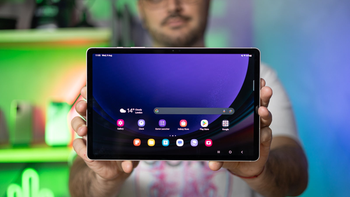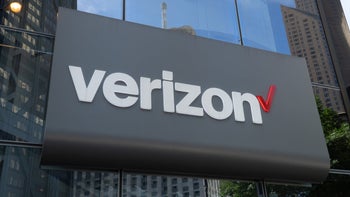Waiting for the Android 5.1 update on your Nexus device? You’re not alone, here’s how Google manages updates

If you keep hitting “check for updates” on your Nexus device, you are just wasting your time, and stressing your fingers. We know, we don’t like to wait for the OTA update either.
Having your device constantly check for updates is about as effective as repeatedly hitting a floor button on an elevator – it’s not. As it happens, clearing Google Service Framework data doesn’t help either, in fact, it will actually hurt your chances of getting an update in a timely manner.
We dug through the interwebs to find some information about how Google manages Android updates, et voila, we found an explanation by Google’s own Dan Morrill, an Android Engineer, on Reddit. He shared these pearls of wisdom a little over a year ago when Android 4.4 KitKat started rolling out, but let’s rehash these things as they touch on both tactics for trying to get Android updates, and explain perfectly why they don’t work.
As for continuously “checking for updates,” it is not unlike knocking at the door when no one is home. The updates are pushed out in phases. The first phase lasts 24-48 hours, and will reach about 1% of devices initially. The engineers then examine error reports and how the devices are checking in.
If all is going well, then the second phase will push out to about 25% of the install base. Assuming there are no further problems (if any), then the following phase will reach 50%, and so-on over the next couple of weeks.
How does that translate to you the user? Well, if you hit “check for updates” during the first phase, basically you have a 1% chance of getting the update. If your device is not randomly selected to receive the “offer,” then you are on the sidelines until the next phase starts. In Morrill’s own words, “Once your device checks in and gets turned down, that’s it until the next batch. Mashing on the ‘check for updates’ button just causes yourdevice to check in again, and get automatically turned down again. Think about how that makes your device feel! WON’T SOMEONE PLEASE THINK OF THE PHONES?”
As you may expect, the next phase gives your device another shot at hitting pay dirt for the update, but again, once the device checks in, that is it for a given 24-hour period usually.
If it’s any consolation, the “offers” are random, updates are not handled on a first-come, first-served basis. While that means there is no “race” to get the update first, we kind of wish it was sometimes.
source: Dan Morill (1, 2) via Reddit
Having your device constantly check for updates is about as effective as repeatedly hitting a floor button on an elevator – it’s not. As it happens, clearing Google Service Framework data doesn’t help either, in fact, it will actually hurt your chances of getting an update in a timely manner.
Taking the latter issue first, if you clear the Google Service Framework data, Google’s servers see this as factory reset, changing the primary ID for your device. Doesn’t sound like a big deal right? The problem is that it invalidates all the app tokens which, in turn, wreaks havoc over notifications. In short, you won’t brick your device, but you are not getting it to the front of the line trying to grab the newest OS update.
As for continuously “checking for updates,” it is not unlike knocking at the door when no one is home. The updates are pushed out in phases. The first phase lasts 24-48 hours, and will reach about 1% of devices initially. The engineers then examine error reports and how the devices are checking in.
If all is going well, then the second phase will push out to about 25% of the install base. Assuming there are no further problems (if any), then the following phase will reach 50%, and so-on over the next couple of weeks.
How does that translate to you the user? Well, if you hit “check for updates” during the first phase, basically you have a 1% chance of getting the update. If your device is not randomly selected to receive the “offer,” then you are on the sidelines until the next phase starts. In Morrill’s own words, “Once your device checks in and gets turned down, that’s it until the next batch. Mashing on the ‘check for updates’ button just causes yourdevice to check in again, and get automatically turned down again. Think about how that makes your device feel! WON’T SOMEONE PLEASE THINK OF THE PHONES?”
If it’s any consolation, the “offers” are random, updates are not handled on a first-come, first-served basis. While that means there is no “race” to get the update first, we kind of wish it was sometimes.
source: Dan Morill (1, 2) via Reddit














Things that are NOT allowed: